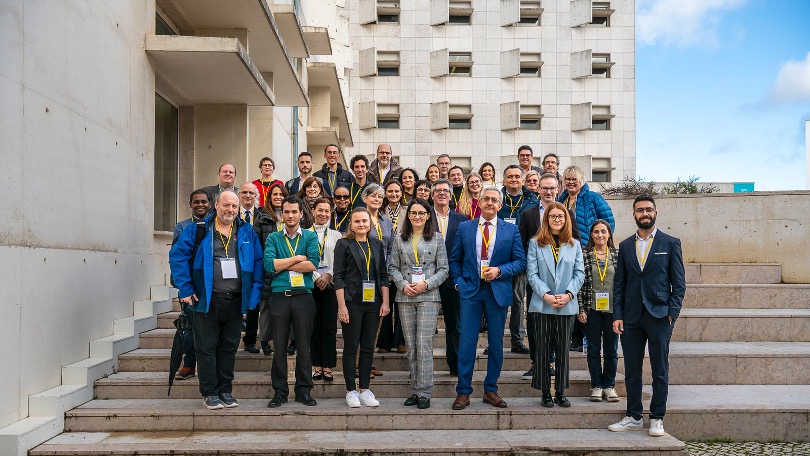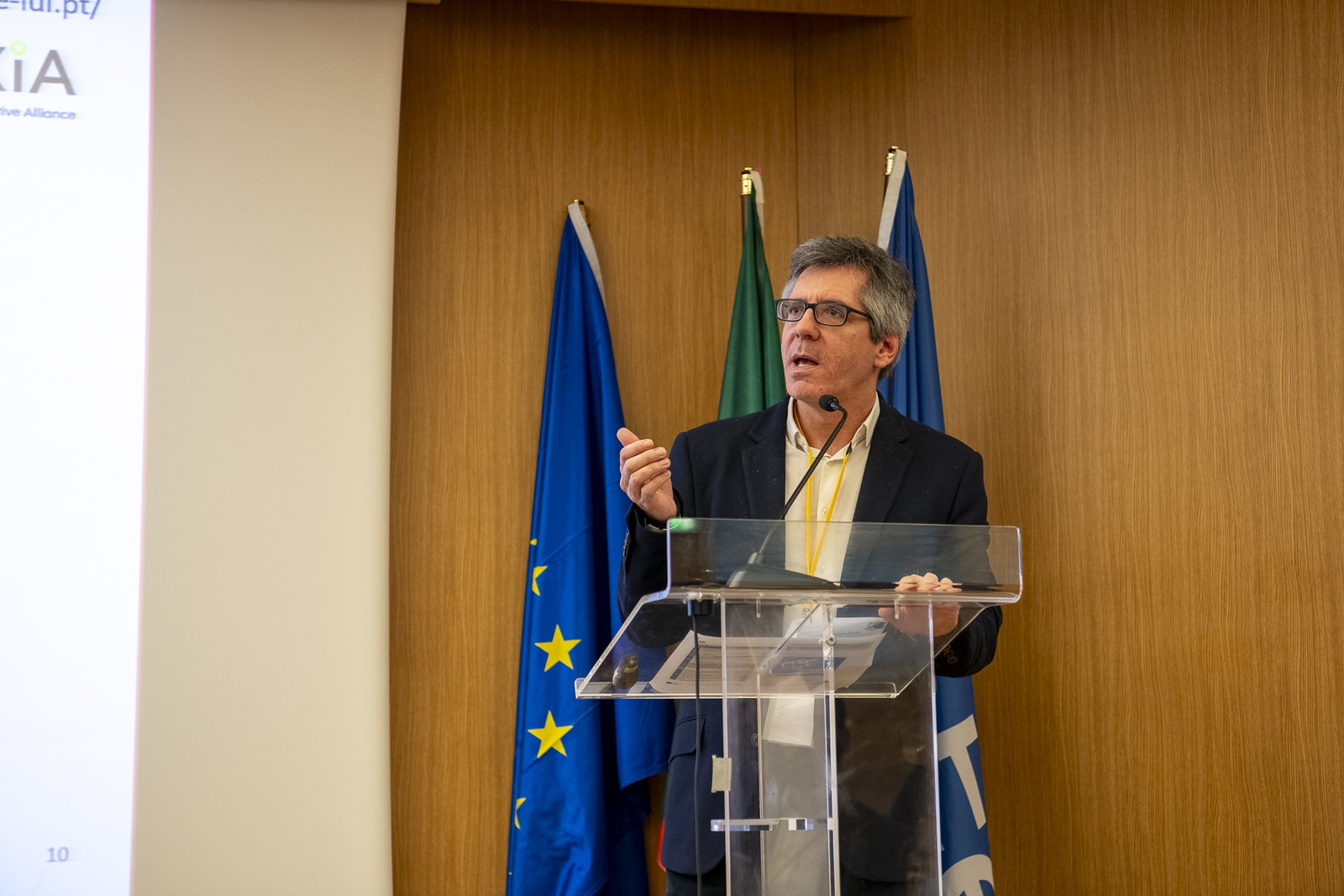The University Institute of Lisbon (Iscte) is leading an international consortium that will train more than 10,000 European healthcare and IT professionals in the area of digital sharing of clinical data in the community space. This consortium brings together universities, hospitals and technology companies from more than 18 countries with the goal of training more than ten thousand professionals in the European Union (EU) by 2028, preparing them for the new requirements of community legislation on the sharing of clinical data.
At issue is the entry into force of the European Health Data Space Regulation in 2026, which provides for the 27 Member States to share clinical information – diagnoses, exams and treatments – to promote faster access to health care appropriate to the clinical history of each patient, regardless of the country in which it is located.
Henrique Martins, researcher from Management group at BRU-Iscte coordinates the Xpanding Innovative Alliance (XiA) project. This data sharing will allow for more personalized treatments and avoid the repetition of exams and medical procedures, “but its success depends directly on the qualification of professionals,” said Henrique Martins.
This project will prepare the technicians and professionals involved in adapting hospital information systems and other online platforms in sharing data on a European scale, Iscte said.
The goal is to ensure the interoperability of health systems in Europe, ensuring safe and efficient access to clinical data in various countries, without compromising patient privacy.
“The secure sharing of clinical information will radically transform the management and use of health data on a European scale, but it can also help within each country, however its success depends directly on the qualification of professionals that the XiA project will provide,” Henrique Martins added.
The XiA coordinator also stressed that the possibility of accessing the complete clinical history of a user in any country avoids redundancies and ensures that medical decisions are based on accurate and up-to-date information, an evolution that makes “health care more agile, effective and sustainable”.
The project currently brings together 23 partners from 18 countries, including hospitals, universities, non-governmental organizations and technology companies, including Laurea University of Applied Sciences and Clinipower, from Finland, Aristotle University of Thessaloniki and the University of Crete, from Greece, and Fyrstain, from France.
In Portugal, in addition to Iscte, the University of Minho and the Local Health Unit of Santo António participate. By the end of the project, XiA plans to involve about 100 organizations.
In the first year of this project, which is funded by the Erasmus+ program, the curriculum and courses will be developed; in the second year, the first courses will be implemented and an innovation and interoperability strategy will be developed; and in the third year, the contents and courses will be expanded to a larger number of partner entities.
In the fourth and final year, the goal will be the consolidation and sustainability of results, ensuring that the courses developed are widely adopted and maintained in the long term, Iscte added.
The official launch of the XiA project took place at Iscte on February 12 and 13, 2025 and was attended by representatives of partner institutions and digital health experts



